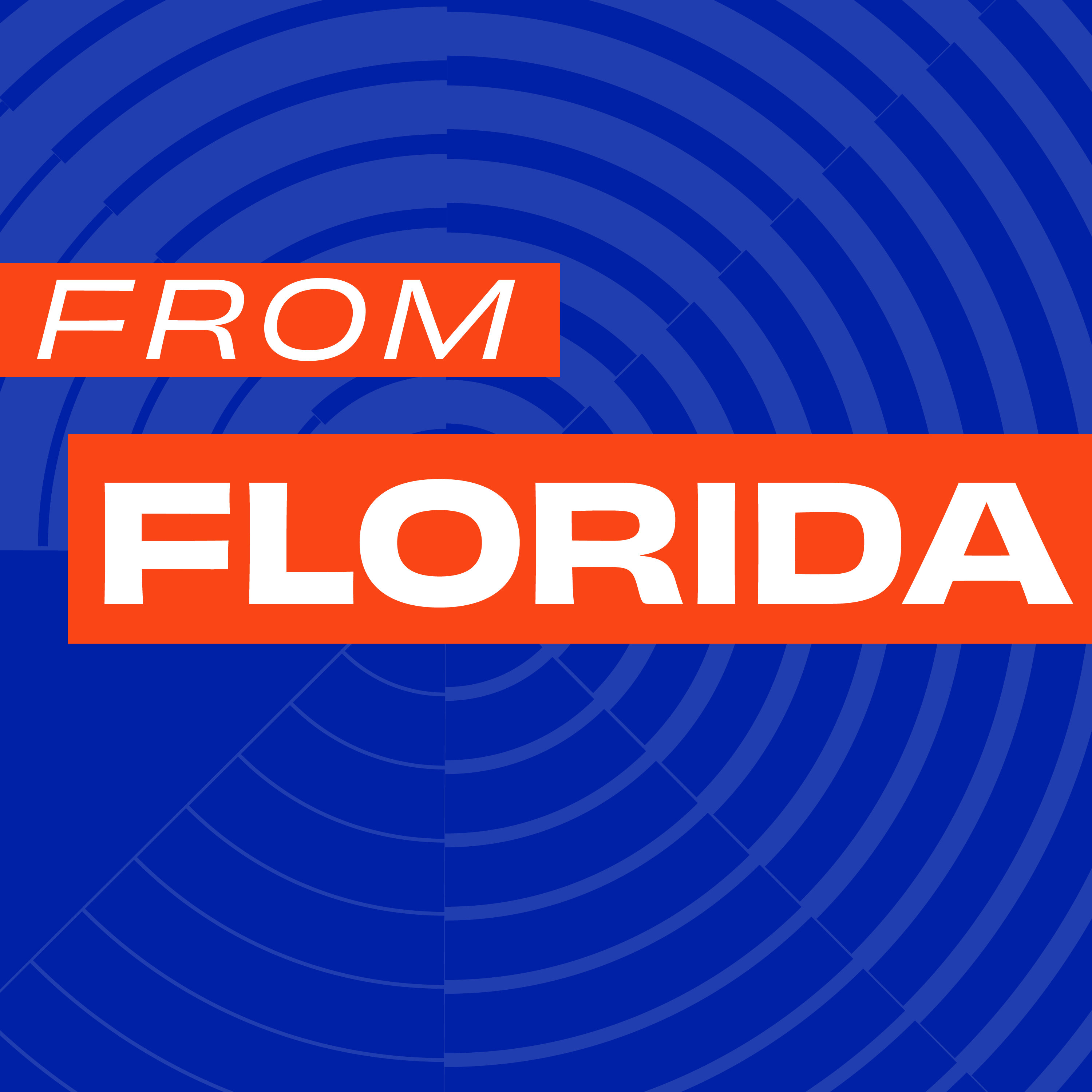2 min
What it will take to overcome supply chain disruptions
The supply chain disruptions sparked by the pandemic highlight the need for behavioral shifts by both consumers and companies. Asoo Vakharia, McClatchy Professor and director of the Supply Chain Center at UF’s Warrington College of Business, says supply chain disruptions are — and will continue to be — a way of life. But the degree of the turmoil experienced recently demonstrates the need for some change. “Demand dropped so quickly and at such a high volume that it created a problem for us,” Vakharia said in an episode of the From Florida podcast. Approximately 20% of imports to the United States come from Asia with the biggest share off-loaded in Los Angeles, followed by Long Beach, California. Those ports, along with other large centers, can accommodate the Ultra Large Vessels often used for trans-Pacific shipping. But they’ve been severely impacted by inflow/outflow imbalances caused by a range of factors including truck driver shortages and poor infrastructure. In response, companies such as Amazon, have purchased smaller vessels that can access a larger number of smaller ports, including those that may require passage through the Panama Canal. The move will enable the commerce giant to side-step some of the bottlenecks slowing down larger ports, but it will also add to expense. This is where Professor Vakharia says companies, and consumers, will need to make choices. He cautions companies to play the long game. “Consumers have long memories and they will reward people who have a little bit of recognition of our conditions,” he said. And he says buyers should always be on the lookout for deals. “There is lots of opportunity out there,” Vakharia said. “Maybe you won’t get the brand you want, but you will get a good brand. Let’s moderate our wants a little bit. Let’s think logically.” Professor Vakharia also sees opportunity for Florida ports, with the caveat that the complexity of the issue will require significant planning — and investment. “We need to have an infrastructure, which is rail or trucks, which are going to visit these ports and take the goods away from them because otherwise we’re going to do the same thing as Long Beach.” The added expense of smaller ships will also need to be managed. To hear more about the supply chain issues currently at play, and possible solutions for the future, listen to the episode on From Florida at this link. Read the recent article that Professor Vakharia has been quoted in: Listen to other episodes in the "From Florida" series from the link below.





